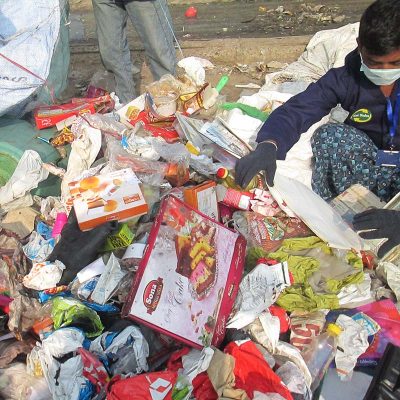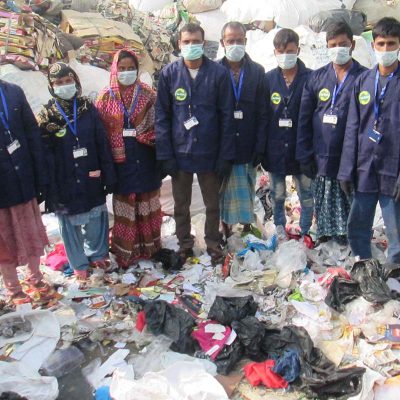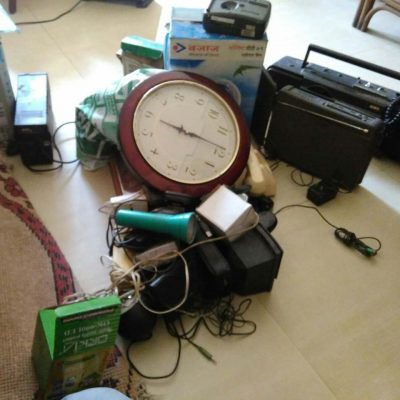Our Approach
We believe that our planet needs an urgent paradigm shift, one where everyone must share limited resources, while addressing the issues of acute poverty and unequal growth. In India, this translates into policies that are not only inclusive of poor and marginal communities, but are actively shaped by their opinions and concerns. NaiDisha, therefore, creates partnerships with such communities to help them understand governance and advocate for change that will usher in greater equity.
Among the urban poor, NaiDisha has decided to focus on partnerships with informal-sector waste recyclers. This is because they are marginalized and discriminated against, despite the fact that their work is highly efficient and includes essential green services such as waste collection and recycling; and they are poorly organized. It was clear to us that working with them would have the greatest impact on our mission.
The strategies we employ are to identify key barriers to our mission, and address them in the local, national and global contexts through participatory research, advocating for policy shifts, developing grassroots capacity, and creating scalable and sustainable models on the ground.




